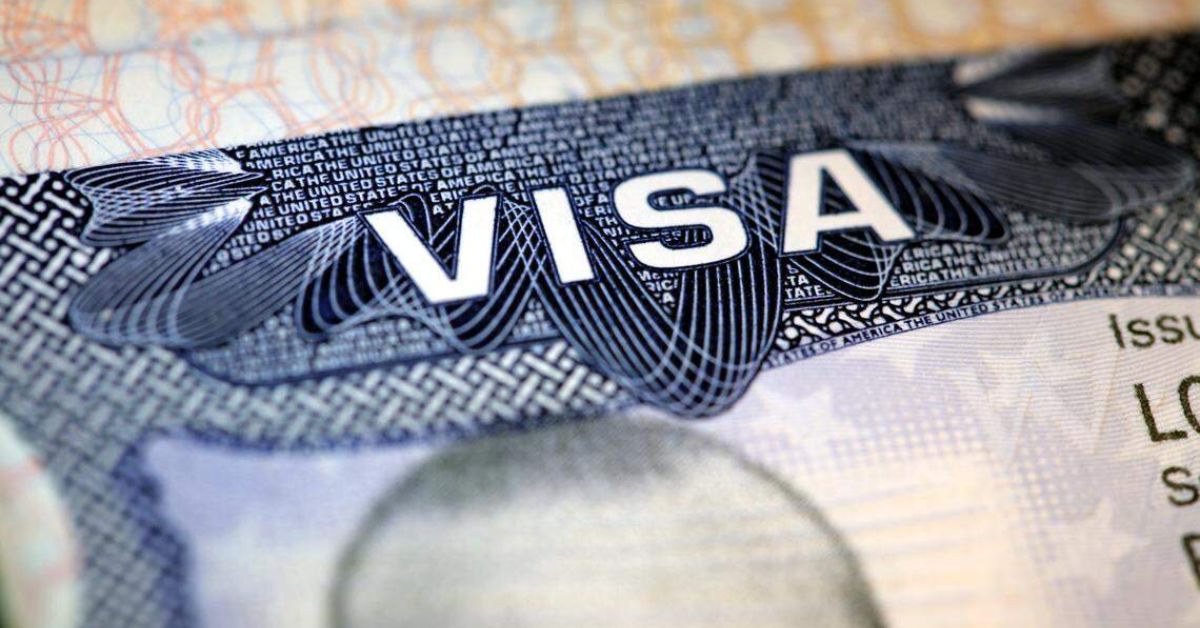Being held in immigration detention is a deeply stressful experience, not just for the individual but also for their loved ones. For many detained individuals, the first significant legal opportunity to seek freedom is through a bond hearing in immigration court. This hearing can determine whether someone remains detained or is released while their immigration case continues.
Understanding what happens during this process and how to prepare can make all the difference. This guide walks you through the immigration bond hearing process, demystifying what to expect and how to improve the chances of release.
Table of Contents
ToggleWhat Is a Bond Hearing in Immigration Court?
A bond hearing in immigration court is a legal proceeding where a judge decides if a detained non-citizen should be released from immigration custody while awaiting further court proceedings. It’s not about determining immigration status or whether someone will be deported. Instead, it’s about whether the individual poses a flight risk or danger to the community.
Unlike criminal court, the U.S. immigration system operates under civil law. That means detainees are not automatically given a bond hearing—they or their attorney must specifically request one.
Who Qualifies: Bond Hearing Eligibility for Detained Immigrants
Not everyone in detention is eligible for bond. Bond hearing eligibility for detained immigrants depends on several factors:
- Type of Detention: Those held under mandatory detention (often related to specific criminal convictions) cannot request a bond hearing.
- Flight Risk: The court will assess whether the individual is likely to attend future hearings if released.
- Danger to the Community: Any past criminal history or allegations of violence may reduce eligibility.
If the judge determines the individual meets the eligibility criteria, they will move forward with evaluating the bond amount and the release conditions.
The Role of the Judge in the Immigration Bond Hearing Process
During the immigration bond hearing process, the immigration judge serves as the decision-maker. The judge reviews evidence from both the detained individual (or their attorney) and the Department of Homeland Security (DHS).
The hearing typically includes:
- Presentation of the individual’s identity documents and background
- Evidence of family ties, employment, or community connections
- Any criminal history or previous immigration violations
- Arguments from both sides on whether detention should continue
It’s important to note that the burden is on the detainee to prove they are neither a flight risk nor a danger to society.
Key Documents That Can Strengthen Your Case
One of the most powerful strategies for a successful detained immigrant’s bond hearing is presenting strong supporting documents.
These may include:
- Letters of support from family members, religious leaders, or employers
- Proof of residency (like lease agreements or utility bills)
- Employment verification
- Evidence of rehabilitation or completed community service
- Legal permanent resident cards of family members
All documents should be translated into English and certified where necessary. Organized, well-prepared documentation demonstrates stability and connection to the community.
Our immigration law firm has handled countless bond hearings and understands the urgency and sensitivity these cases require. The difference between staying detained or being reunited with family often comes down to having the right legal ally.
What to Expect on the Day of the Hearing
On the scheduled date, the detained immigrant is transported to the immigration court, often in a detention facility courtroom via video conference. If they have legal representation, their attorney will be present and speak on their behalf.
The bond hearing in immigration court usually follows a straightforward structure:
- The judge identifies the individual and confirms representation
- The government attorney may argue against release
- The defense presents evidence and arguments in favor of release
- The judge asks questions or requests clarification
- A decision is either given immediately or shortly afterward
If a bond is granted, the judge will set a bond amount, which must be paid for release.
How Bond Is Determined and What Happens Next
The judge decides the bond amount based on perceived risk. While the minimum bond is $1,500, it often ranges between $5,000 and $15,000—or even higher. The stronger the case for community ties and reliability, the lower the bond might be.
Once the bond is paid, the individual is released from custody but must continue attending immigration court proceedings. Failure to appear can lead to bond forfeiture and a removal order.
Release from detention immigration bond does not mean the case is over—it simply allows the individual to fight their case outside of a detention facility, often with greater access to legal resources and family support.
Can the Bond Hearing Be Appealed?
If the judge denies bond or sets it too high, the decision isn’t necessarily final. The detainee has the right to file an appeal with the Board of Immigration Appeals. However, the appeals process can take time, and the individual may remain in custody during that period.
It is wise to consult with an immigration appeal lawyer if you’re considering challenging the judge’s decision. A seasoned appellate attorney can assess the legal errors, if any, and help formulate a compelling argument for reconsideration.
Legal Support: Do You Need a Lawyer for a Bond Hearing?
Although the immigration court system does not provide public defenders, legal representation is incredibly valuable. An attorney can guide the detainee through preparing for immigration bond hearing steps, filing the necessary motion, organizing evidence, and arguing the case effectively.
Legal counsel is especially important when dealing with past criminal charges, complex immigration histories, or highly scrutinized cases. A qualified advocate ensures nothing is missed and that your rights are protected throughout the process.
Tips to Boost the Chances of Release from Detention
If you or someone you love is facing a bond hearing, these strategies can strengthen the case:
- Collect letters from employers, family, church, or local organizations showing community support
- Show proof of stability—employment, property ownership, or children in school
- Avoid inconsistencies in personal information or documentation
- Ensure the proposed address is valid and verifiable
- Have family members present during the hearing when possible
A strong legal narrative, backed by solid documentation, gives the judge more confidence in granting bond and lowering the financial barrier.
Frequently Asked Questions
- How long does it take to get a bond hearing after being detained?
It varies by location but typically takes 1–2 weeks once the motion is filed. Delays are possible, especially in high-volume courts.
- Can family or friends pay the bond amount?
Yes. Anyone can post the bond at a designated ICE facility using a money order or certified check. After case resolution, the bond may be returned if all court obligations have been met.
- Is bond the same as bail?
While similar, the bond in immigration court is civil, not criminal. It secures compliance with immigration court appearances rather than release from criminal charges.
Final Thoughts: Hope Beyond the Hearing
The immigration bond hearing process is a pivotal moment for detained individuals and their families. With preparation, proper documentation, and effective legal representation, many individuals secure their release from detention, immigration bond, and continue their case outside of confinement.
Whether you’re a family member navigating this for a loved one or a detainee hoping for clarity, know that you’re not alone. Legal help is available, and knowledge is power.
If you’re preparing for a detained immigrant’s bond hearing, start building your case today. A well-prepared hearing is often the first step toward reunification, freedom, and a fair chance to tell your immigration story on your own terms.







